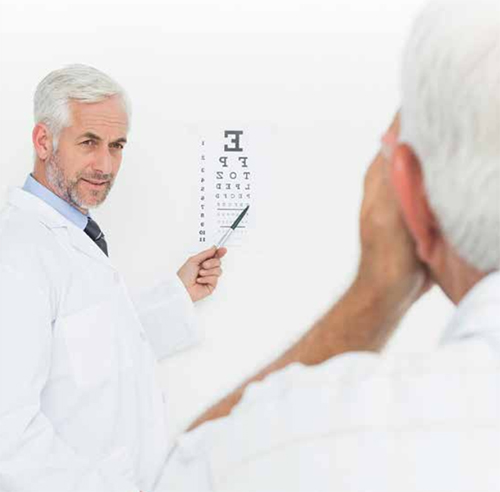


Since your 40s, you’ve probably noticed that your vision is changing. Perhaps you need glasses to see up close or you have more trouble adjusting to glare or distinguishing some colors. These changes are a normal part of aging. These changes alone can’t stop you from enjoying an active lifestyle or keep you from maintaining your independence. In fact, you can live an active life well into your golden years without ever experiencing severe vision loss. But as you age, you are at higher risk of developing age-related eye diseases and conditions. These include: age-related macular degeneration, cataract, diabetic eye disease, glaucoma, low vision and dry eye.
Everyone age 50 or older should visit an eye-care professional for a comprehensive dilated eye exam. Many eye diseases have no early warning signs or symptoms, but a dilated exam can detect eye diseases in their early stages before vision loss occurs. Early detection and treatment can help you save your sight.
—Source: National Eye Institute
Good Neighbor Pharmacy Health Connection, January 2015